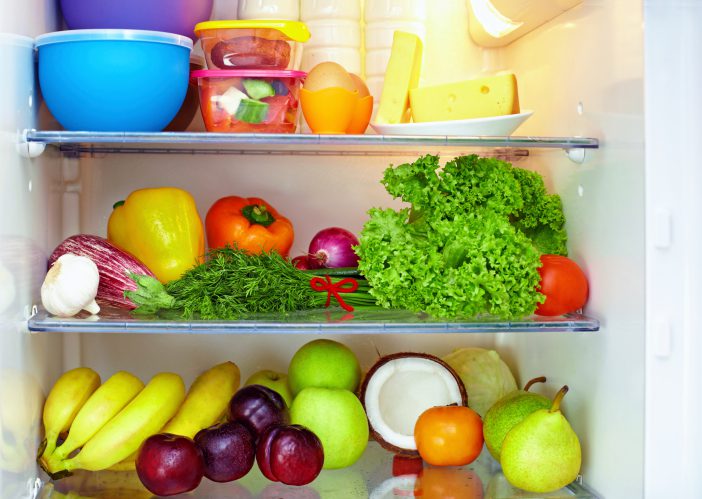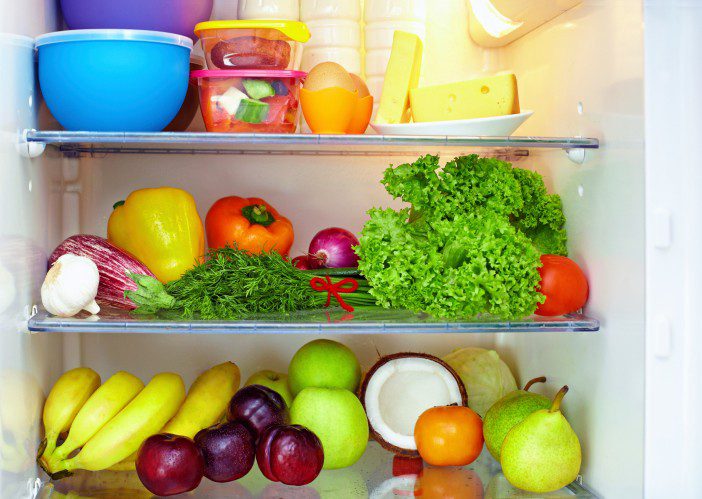Top 5 Nutrition Myths

 Debunked: Top 5 Nutrition Myths
Debunked: Top 5 Nutrition Myths
By Rachel Hannah
Despite what your parents always told you, bread doesn’t make you fat. With the myriad of fad diets, super foods and miracle weight loss supplements thrown at us every day, it can be overwhelming to even enter a grocery or health food store. By staying well-informed and thinking twice before you succumb to the latest trend, you can eat well and live a healthy lifestyle. Here are five nutrition myths to look out for.
1. Carbs are fattening and should be limited when trying to lose weight.
Carbohydrates alone do not lead to weight gain. Excess calories whether from carbohydrates, protein or fat cause weight gain. Carbohydrates are the body’s main fuel source and are particularly important for athletes. You can think of carbohydrates as the highest grade of octane that an athlete can put into the engine, but not all carbohydrates are created equally. Simple carbohydrates such as refined sugars and white starches are quickly digested and can lead to increased hunger and a dip in energy levels. They contain few nutrients and can add additional unwanted calories. Aim to obtain the majority of your carbohydrates from whole grains, vegetables and fruit. Most athletes do not consume adequate amounts of carbohydrates with average requirements ranging from five to seven grams per kilogram of body weight of carbohydrates per day.
2. A high protein diet builds muscle
Just as athletes require more carbohydrates compared to sedentary individuals, their protein needs are higher as well. Depending on the sport and training, most athletes need 1.2 to 1.7 grams per kilogram of body weight per day. Extra protein is required to support muscle building and repair muscle damage that occurs during exercise. By eating a well-balanced diet, most athletes don’t need to supplement with extra protein in the form of powders and drinks in order to meet their protein needs. Consuming additional protein above the recommended amount won’t lead to larger muscles since there is a limit to how much protein can be synthesized into muscle. Unlike fat and carbohydrates, the body can only store so much protein at one given time so it is essential to space out protein throughout the day at meals and snacks rather than having a large intake at one meal. Say goodbye to that 12-ounce steak at dinner.
3. A gluten free diet is healthy and effective for weight loss.
Gluten is a type of protein found in grains such as wheat, barley and rye and other foods with these grains. A gluten-free diet is necessary for people with celiac disease or a gluten sensitivity. For everyone else, it is not necessary to cut out gluten and it is not beneficial for weight loss unless overall caloric intake is reduced as a result. It is healthy to reduce white starches and other refined carbohydrates and focus on mostly whole grains instead. Exercise caution when buying gluten-free breads as they are often made with refined carbohydrates and have added sugars. If looking to reduce your intake of gluten, try incorporating grains such as quinoa, buckwheat, amaranth, millet, teff and wild rice instead as they are nutrient dense and an excellent source of fibre and other nutrients.
4. You need a multivitamin supplement to be healthy.
Most healthy individuals do not need to supplement if they are eating a well-balanced diet. Obtaining all your necessary vitamins and minerals through whole foods is your safest bet and will ensure you’re getting adequate amounts of fibre, carbohydrates, essential fats and protein. When it comes to athletic performance, consuming amounts of vitamins or minerals above recommended amounts will not lead to enhance performance and can actually be harmful. A daily multivitamin can help provide “insurance” if a diet is not well-balanced. Vitamin and mineral supplements may also be needed for those with deficiencies such as iron deficiency anemia or during certain life stages such as pregnancy.
5. Breakfast is the most important meal of the day and is needed to kick start our metabolic rate.
Our resting metabolic rate makes up about 70 per cent of our total energy expenditure and is largely genetically determined. While it is extremely important to start the day off with a well-balanced and satisfying meal, it is equally vital to fuel at regular intervals throughout the day. Aim to eat every three to four hours and ensure a proper recovery meal or snack is consumed within 30 minutes to one hour after a hard workout to replace depleted glycogen stores and prepare the body for the next training session. Your overall calorie intake in the day will determine whether or not you will meet your energy needs.
